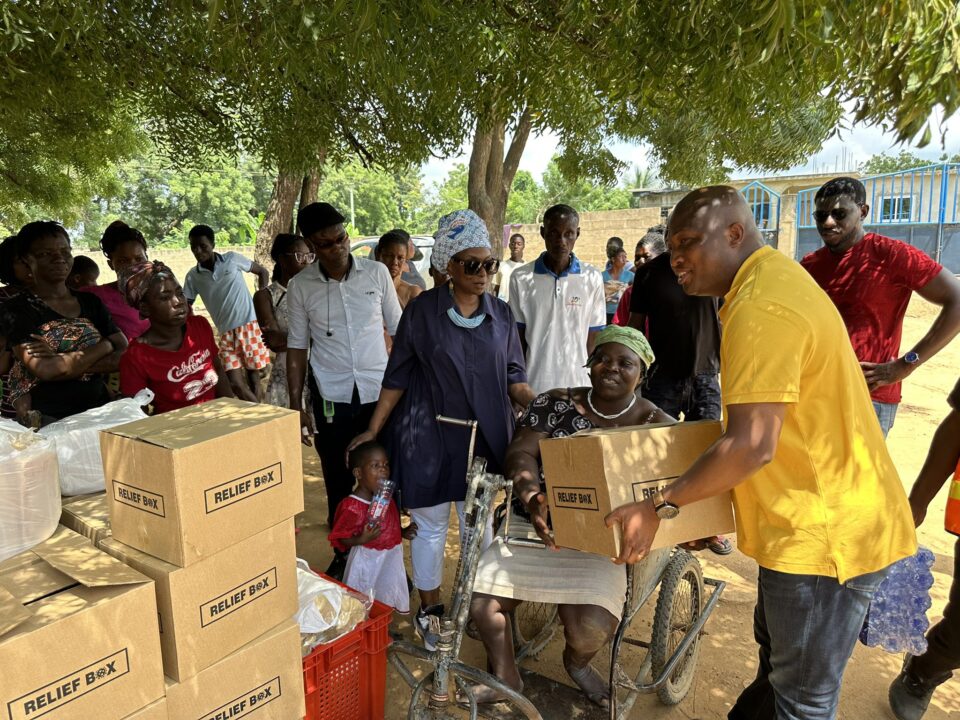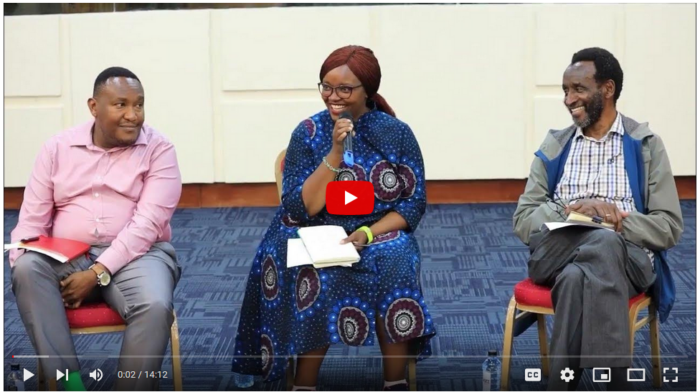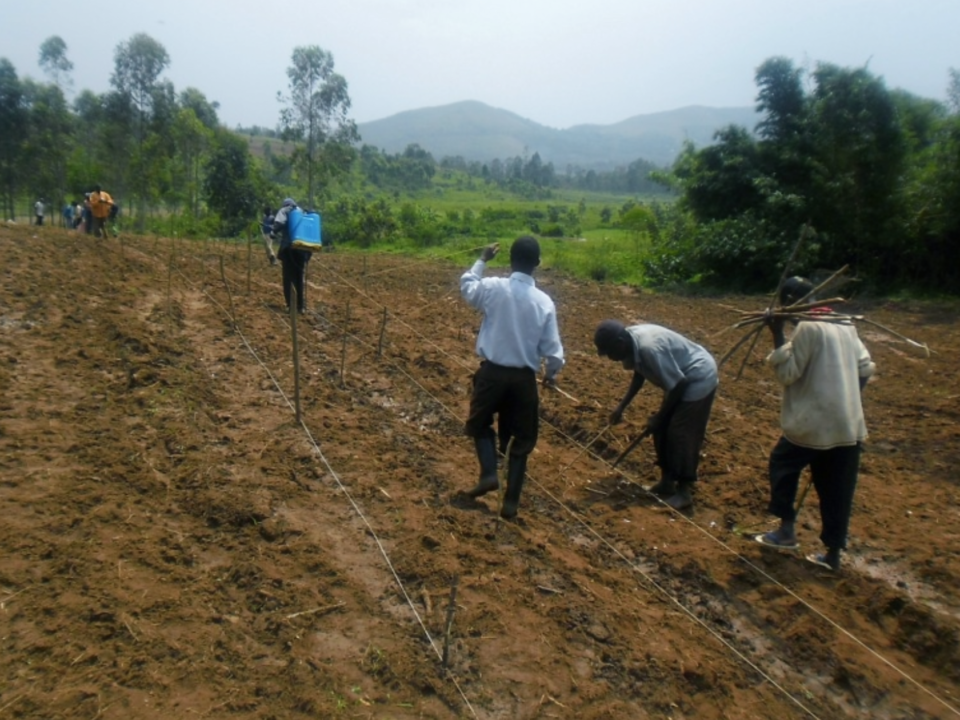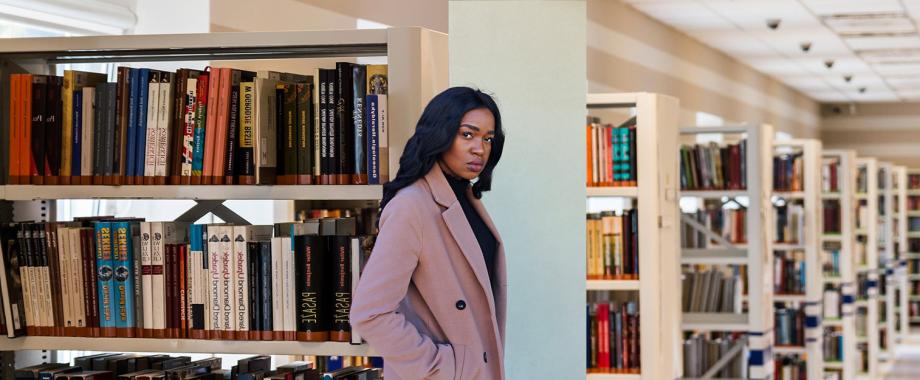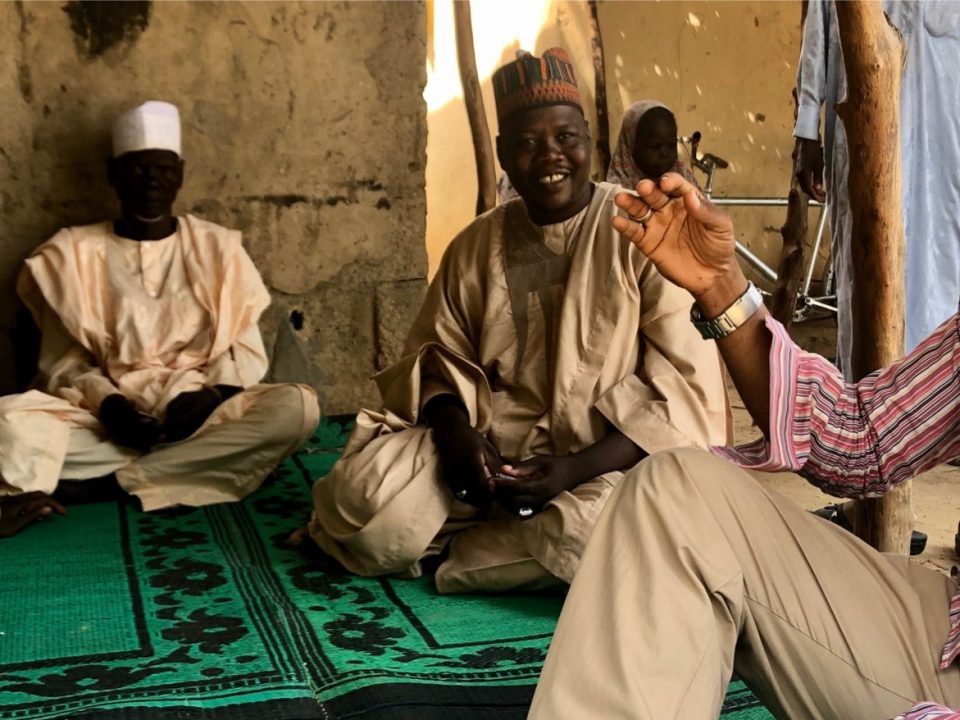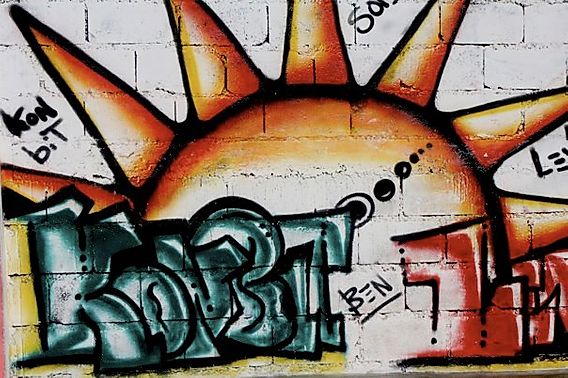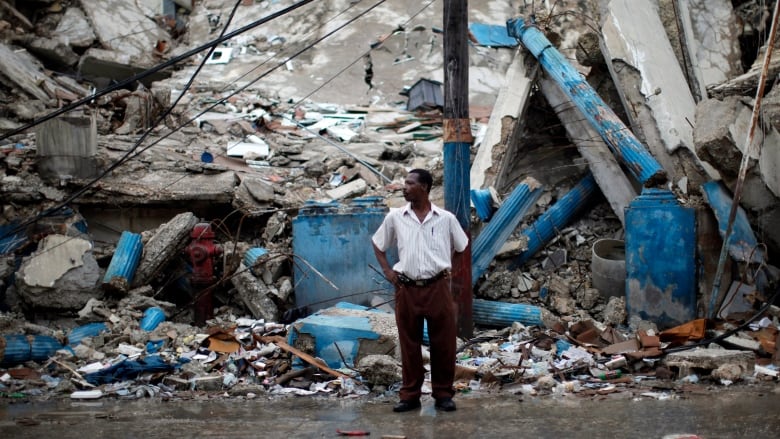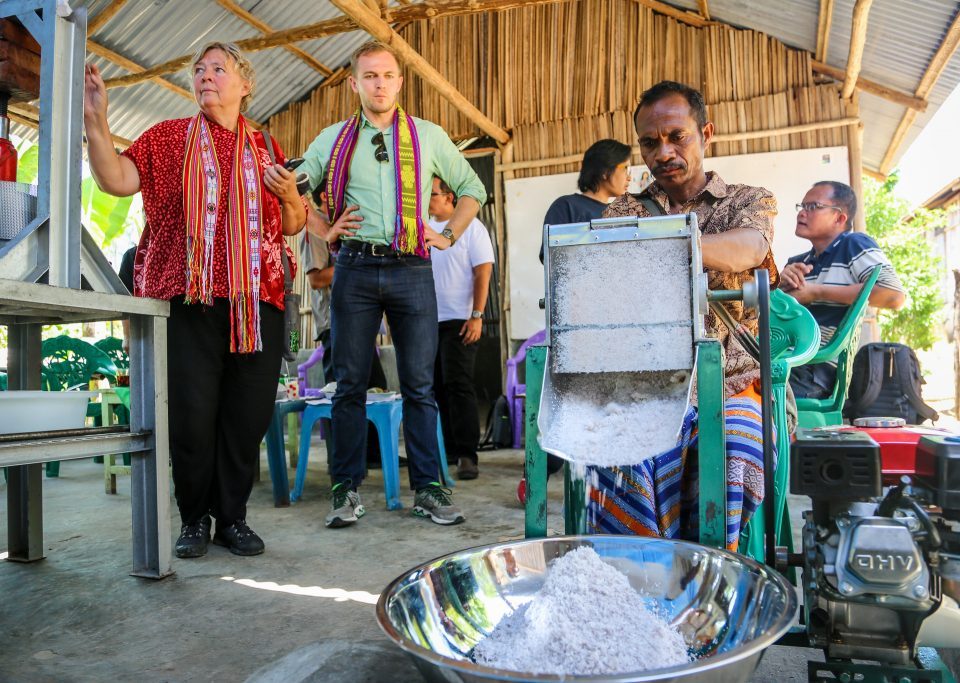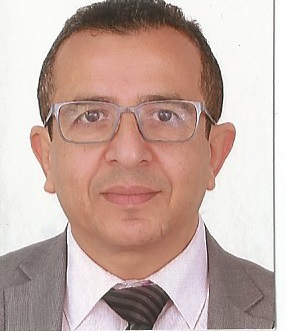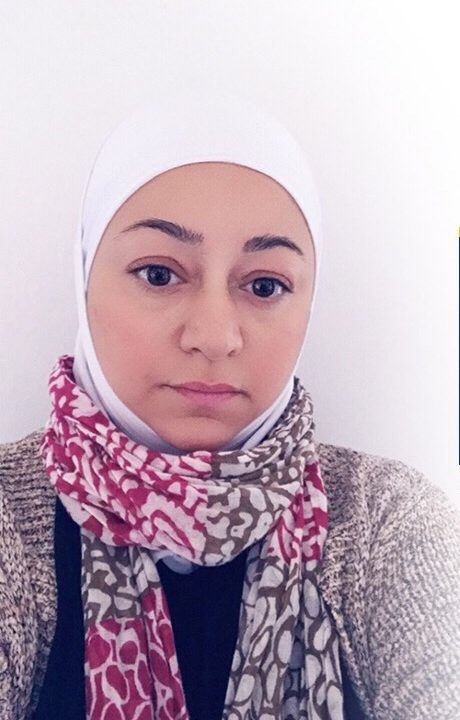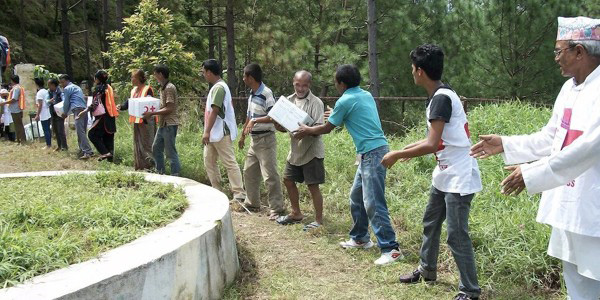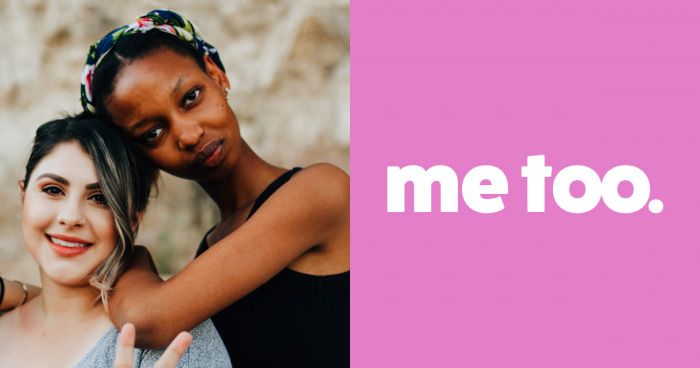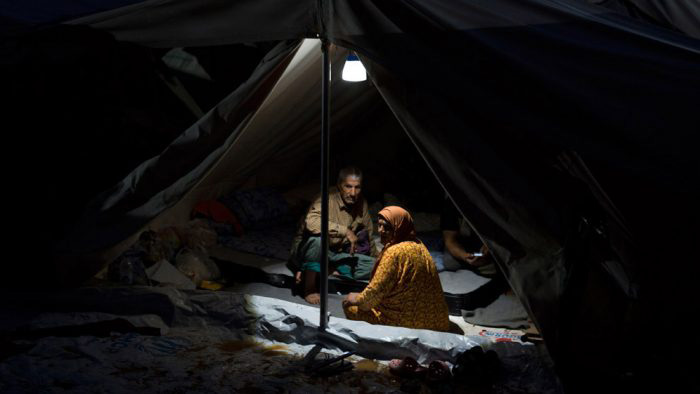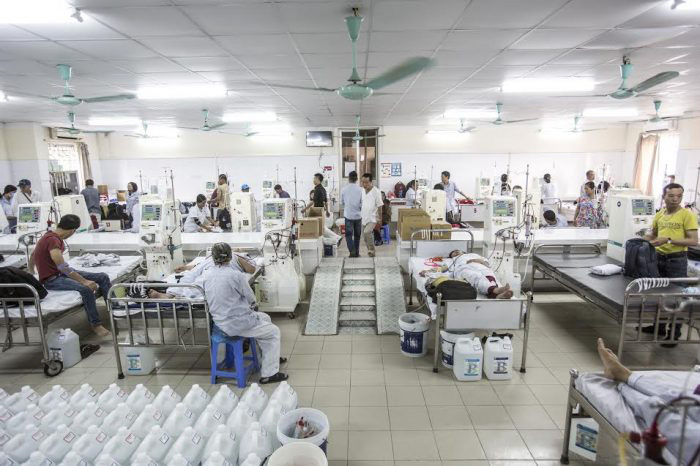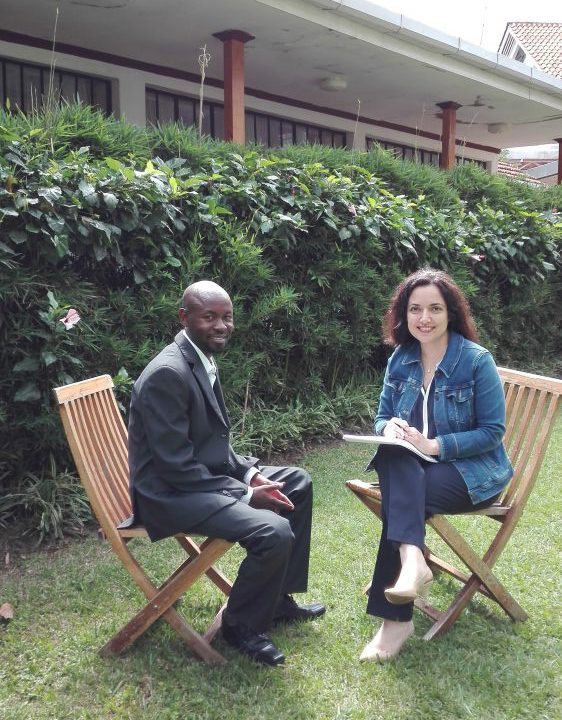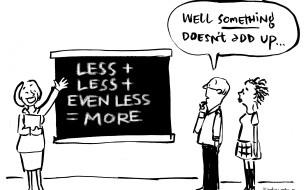- Filter by
- Categories
- Tags
- Authors
- Show all
- All
- academia
- accountability
- adaptation
- afghanistan
- aid
- aid effectiveness
- architecture
- Argentina
- asylum-seeker
- budget
- bureaucracy
- business
- capacity sharing
- child protection
- children's rights
- citizen engagement
- citizen participation
- citizen voice
- climate c
- climate change
- colombia
- community
- community development
- comparative development
- conflict
- cooperation
- COP21
- COP26
- corporations
- Covid-19
- data
- decision-making
- decolonisation
- Democratic Republic of Congo
- developing countries
- development
- development co-operation
- development effectiveness
- development finance
- dialogue
- disaster preparedness
- disaster response
- domestic resource mobilisation
- donors
- DRC
- economic empowerment
- emergency preparedness
- employment
- entrepreneurship
- equality
- espanol
- EU
- evaluation
- feedback loops
- feminism
- français
- gender
- gender equality
- gender-based violence
- global development
- gpedc
- grand bargain
- Haiti
- health
- homeless
- housing
- human rights
- humanitarian aid
- humanitarian effectiveness
- ICT4D
- inclusion
- indirect cost recovery
- inequality
- information
- INGOs
- innovation
- integration
- international cooperation
- international humanitarian law
- jobs
- Kenya
- knowledge
- language
- least
- least developed countries
- LGBTI
- local aid workers
- local development
- local NGOs
- localisation
- men
- mental health
- mexico
- migrants
- migration
- mining
- minorities
- mirps
- multinationals
- natural disasters
- negotiations
- NGOs
- Nigeria
- Northern
- ODA
- OECD
- ownership
- Pacific
- participation
- participatory methods
- partnerships
- peace
- perceptions
- perceptual data
- perspectives
- philanthropy
- Philippines
- policy
- policymaking
- politics
- poverty
- power
- protection
- racism
- RDC
- refugees
- representation
- Republique Democratique du Congo
- resilience
- responsiveness
- rights
- sexual abuse
- sexual harassment
- social accountability
- social justice
- solidarity
- South-South cooperation
- Southern
- southern voices
- statistics
- sustainable development
- sustainable tourism
- Syria
- Tanzania
- tax
- time
- transparency
- Uganda
- Ukraine
- UN
- united nations
- Vietnam
- water and sanitation
- women
- women's rights
- world food day
- world humanitarian summit
- youth
November 13, 2023
Published by Farida Tchaitchian Bena at November 13, 2023
Categories
Vitalice Meja (or simply Meja, as he likes to be called) is the Executive Director of Reality of Aid Africa, a pan-African civil society initiative to […]
August 7, 2023
Published by Farida Tchaitchian Bena at August 7, 2023
Categories
Civil society estimates that every year, USD 312 billion are lost in unpaid corporate taxes around the world. By using legal loopholes, many companies avoid paying their dues – often to Southern countries that host their operations and provide cheap labour. This happens because the governments of those countries are unable to enforce their fiscal policies, and there is still no global tax agreement to protect their interests.
But something is about to change...
June 30, 2023
Published by Farida Tchaitchian Bena at June 30, 2023
Categories
A first for this blog, here is the video recording of a panel discussion held at the Nairobi chapter of the Imperial College Business School last September. Three Kenyan experts discuss development and international cooperation in their own country: Ezra Mbogori, Executive Director of the Akiba Uhaki Foundation and Fellow at Harvard University and the Kellogg International Leadership Program; G.K. Ndungu, economist and public policy specialist; and the moderator Wairu Kinyori-Gugu, former Programme Director at Oxfam Kenya, consultant and Kiliza author.
November 3, 2022
Published by Farida Tchaitchian Bena at November 3, 2022
Categories
Après une longue pause, je reprends mon blog en interviewant l’une des personnes les plus inspirantes que je connaisse : Dieudonné Cirhigiri, un professionnel chevronné de l’aide humanitaire et du développement de la République démocratique du Congo (RDC).
November 3, 2022
Published by Farida Tchaitchian Bena at November 3, 2022
Categories
After a long hiatus, I resume my blogging by interviewing one of the most inspiring people I know: Dieudonné Cirhigiri, a seasoned humanitarian and development professional from the Democratic Republic of Congo (DRC).
April 16, 2021
Published by Wairu Kinyori at April 16, 2021
Categories
Every so often there are people who transition from national or small not for profit into the International NGOs. Many times, it is a dream come true because you have probably put in dozens of applications and this one lucky one made it through, and you cannot just believe! There you are in a multicultural fancy office; it really is a dream come true.
March 11, 2021
Published by Farida Tchaitchian Bena at March 11, 2021
Categories
A few months ago, I wrote about how the international aid and development sector was addressing the double challenge of Covid-19 and mounting accusations of racism following the rise of the Black Lives Matter movement in the US. I recommended levelling the playing field between Northern and Southern academia to counteract the widespread belief that ‘developed’ nations know what is best for ‘developing’ countries. In particular, establishing joint Northern and Southern degrees in comparative development would in my view be a major step forward to ‘decolonise’ development knowledge and lay the ground for more equitable solidarity. [More...]
December 11, 2020
Published by Farida Tchaitchian Bena at December 11, 2020
Categories
I’m a big fan of my colleague Wale Osofisan, who works as Senior Director of the Governance Unit at the International Rescue Committee (IRC). Recently, we have started collaborating more often on global advocacy priorities and that’s given me the excuse to ask him a number of questions about his background and his vision for international cooperation in the years ahead.
April 7, 2020
Published by Farida Tchaitchian Bena at April 7, 2020
Categories
In my previous post, I discussed the international response to the 2010 Haiti earthquake with Sabina Carlson Robillard and her husband Louino ‘Robi’ Robillard. They both participated in relief efforts at the time. Today, they manage Konbit Solèy Leve, a community-led movement founded in the biggest Haiti slum, Cite Soleil, in 2011. In Part Two of our conversation, Sabina and Robi share the objectives of Konbit Solèy Leve and explain how this model of local solidarity can be used to address other similar challenges around the world. Truly an inspiration for finding creative ways to help each other at a time when the coronavirus pandemic is keeping people apart.
March 8, 2020
Published by Farida Tchaitchian Bena at March 8, 2020
Categories
This is the first part of a conversation with Sabina Carlson Robillard and her husband Louino ‘Robi’ Robillard. Sabina, a US national, and Robi, a Haiti-born, met in Haiti while contributing to the response to the 2010 earthquake. Today they support Konbit Solèy Leve, a community-led movement founded in the biggest Haiti slum, Cite Soleil, in 2011. In Part One of this conversation, Sabina, Robi and I discuss the international response to the 2010 earthquake from a local perspective.
October 26, 2019
Published by Farida Tchaitchian Bena at October 26, 2019
Categories
Having worked on global development issues for over two decades, I should know who is an expert in my sector by now. I have many lists of experts on file and can’t help noticing a recurring trend: it’s usually people from a Northern/Western background, with endless degrees and credentials, most of them English-speaking. All of which begs the question: are these traits supposed to be the qualifications of the ultimate expert in my field? What if there’s a whole world of ‘expertise’ that we simply don’t consider?
July 17, 2019
Published by Farida Tchaitchian Bena at July 17, 2019
Categories
The recent influx of refugees and migrants to Europe has brought to light the complexity of migration and how it is often linked to the development of the countries these people are escaping from. I discuss these issues with a former colleague of mine, Anas El Hasnaoui, who represents the Arab NGO Network for Development. Anas talks about the linkages between migration and development, particularly in his region, North Africa.
June 17, 2019
Published by Farida Tchaitchian Bena at June 17, 2019
Categories
For my second interview with refugees advocating on behalf of other refugees I have reached out to Shaza Nabeel Al-Rihawi, a Syrian woman who now lives in Germany, where she works for the research institute LifBi. Shaza is also a member of the European Migrant Advisory Board and the co-founder of the Network for Refugee Voices. As World Refugee Day fast approaches, Shaza recalls the many challenges she has had to face to reunite with her family, rebuild her life from scratch and strive to improve refugees’ participation in the decisions that directly affect them.
December 22, 2018
Published by Farida Tchaitchian Bena at December 22, 2018
Categories
At the beginning of the year I wrote about the challenge of localising aid or, broadly put, how to help local civil society organisations to better respond to a crisis by strengthening their capacity and channeling more international funding directly through them. As 2018 draws to a close, I come back to this topic to share the latest thinking based on what I heard from a few local partners themselves at a recent event held in The Hague.
September 29, 2018
Published by Farida Tchaitchian Bena at September 29, 2018
Categories
During the summer break I finally had the time to reflect on the impact of the “Me Too” movement on the aid sector. A lot has been said already and yet we still know very little about the actual scale of the problem and even less about how it affects local aid workers in developing countries. This is what I find peculiar about current discussions on sexual harassment and abuse. Most of them reflect an expat’s lens instead of local workers' views.
January 30, 2018
Published by Farida Tchaitchian Bena at January 30, 2018
Categories
I have recently started a new job with the International Rescue Committee, a non-governmental organisation (NGO) that specialises in humanitarian aid in countries affected by conflict and natural disasters.
Coming back to the humanitarian sector after over a decade, I am struck to find that many discussions about the efficiency and effectiveness of aid replicate what has been said in development circles for years. One issue in particular is at the heart of discussions old and new: the challenge of ‘localising aid’, that is, helping local civil society organisations to better respond to a crisis through increased capacity and more direct funding from donor governments. Having agreed globally in 2016 that we should indeed localise aid, the humanitarian community is now tackling the big question: are we seeing any real change?
July 29, 2017
Published by Farida Tchaitchian Bena at July 29, 2017
Categories
It has already been a year since the adoption of the “Grand Bargain”, a global agreement made at the World Humanitarian Summit to save up to a billion US dollars over five years by reducing inefficiencies in how humanitarian aid is provided. How well are we doing? Are things actually changing where they are supposed to? Is humanitarian aid becoming more efficient and effective?
June 21, 2017
Published by Farida Tchaitchian Bena at June 21, 2017
Categories
I continue to explore how developing countries go about increasing their tax revenues as a way to escape from poverty, reducing the need for aid and other forms of international co-operation. In jargon, we call these efforts domestic resource mobilisation. This time I have spoken with Huong Nguyen, Non-Executive Director of the Vietnam Initiative Social Enterprise (VNI), a leading Vietnamese think-tank based in the country’s capital, Hanoi...
May 18, 2017
Published by Farida Tchaitchian Bena at May 18, 2017
Categories
Strengthening a developing country’s finances by increasing its tax revenues, rather than depending exclusively on aid, is widely seen as the way forward in the development community. Yet, few people actually know first-hand what it takes to generate support for increasing tax revenues in a developing country – particularly at community level...
April 19, 2016
Published by Farida Tchaitchian Bena at April 19, 2016
Categories
Last week the OECD, an inter-governmental organisation gathering the world’s richest countries, released its annual figures on how much aid, or overseas development assistance, went to developing countries in 2015. On the surface, there is reason to celebrate: once you take out inflation and exchange rate changes, the overall net amount of aid is the highest ever reported, totaling $131.6 billion after an already record-high couple of years. That’s quite an achievement, particularly for those European donors who last year had to face major unexpected challenges, such as the arrival of migrants and refugees at their doorstep.

